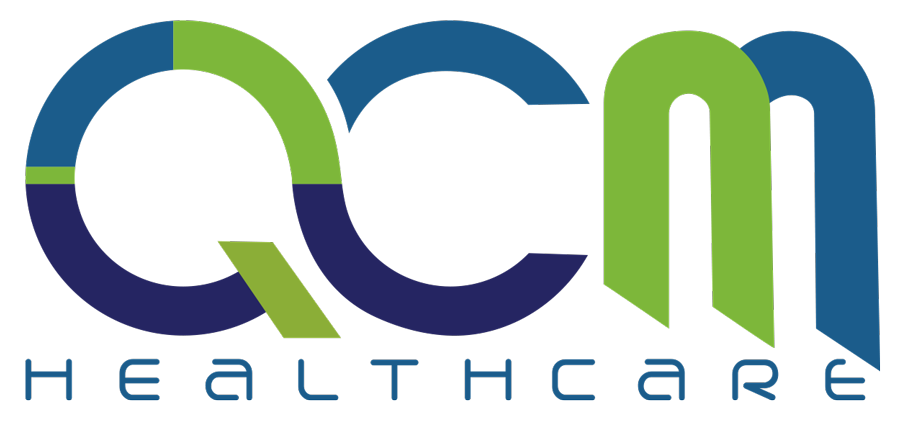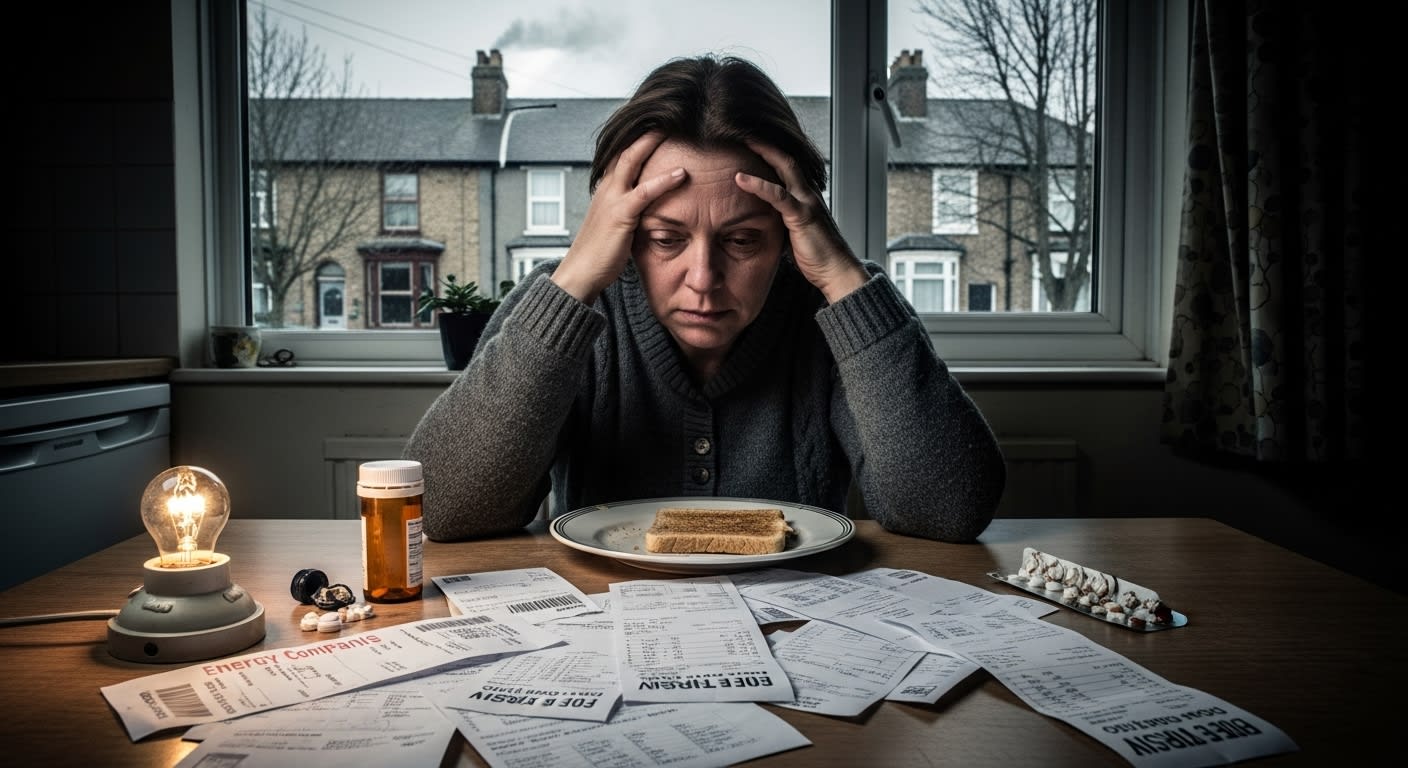Mental well-being is a crucial part of a fulfilling life. However, life’s pressures, chronic stress, and unresolved emotional challenges can sometimes push an individual toward instability. Recognizing the early signs of a mental health crisis can make all the difference in preventing a serious breakdown. QCM Healthcare believes that early awareness and timely support can save lives and restore hope. A mental health crisis doesn’t always occur suddenly, it often builds gradually, making early detection essential.
Understanding What a Mental Health Crisis Means
A mental health crisis occurs when someone becomes overwhelmed by stress, emotions, or symptoms of mental illness to the point that they can no longer function effectively. This might involve suicidal thoughts, extreme anxiety, hallucinations, or sudden withdrawal. Unlike everyday stress, a crisis affects a person’s ability to cope with daily life and requires immediate attention.
Recognizing these warning signs early helps to prevent situations from escalating. In fact, spotting them allows for timely professional intervention, which can be life-saving. Mental health crises can affect anyone, regardless of age, gender, or background, so awareness is vital.
Early Signs and Symptoms of Mental Health crisis
1. Increased Isolation and Social Withdrawal
One of the most noticeable red flags is social withdrawal. A person heading toward a mental health crisis often begins to isolate themselves, avoiding social activities they once enjoyed. They may stop responding to calls, cancel plans, or spend extended periods alone.
This behavior often stems from feelings of sadness, shame, or fear of being misunderstood. Over time, isolation reinforces negative thoughts and can worsen depression or anxiety. Encouraging gentle connection, rather than forcing interaction, is often the best way to help. QCM Healthcare emphasizes community-based care that fosters trust, empathy, and inclusion, key components in helping someone reconnect with their support network.
2. Dramatic Shifts in Mood and Personality
Frequent and extreme mood swings can be another clear indicator. A person may seem unusually irritable, angry, or euphoric without a clear reason. Alternatively, they might shift from high energy to deep despair within hours.
These changes often indicate that internal coping mechanisms are breaking down. While everyone experiences occasional emotional ups and downs, consistent and exaggerated shifts should not be ignored. Early recognition can prevent the situation from worsening. Importantly, supporting the person with compassion and patience often makes a big difference in encouraging them to seek professional help.
RECOMMENDED:
Top 10 Crisis Support Companies in the UK
Top 5 Ways Self-Refer for Mental Health Support in The UK
How to Choose the Right Crisis Support Service in the UK| A Patient’s Guide
3. Neglect of Self-Care and Daily Functioning
When a person stops taking care of themselves, physically, emotionally, or socially, it’s a major red flag. In a mental health crisis, basic activities like bathing, eating, or maintaining hygiene can feel impossible.
You might notice changes such as messy clothing, skipped meals, disrupted sleep, or decreased motivation. They may also struggle to focus at work or manage household tasks. These signs indicate that the individual’s energy and mental resources are being drained by emotional distress.
QCM Healthcare provides structured mental health support services that help individuals rebuild daily routines and regain independence while ensuring they feel safe and supported.
4. Cognitive and Perceptual Changes
Sometimes, a mental health crisis manifests in how a person thinks or perceives reality. They may seem confused, disoriented, or paranoid. You might also notice irrational fears, forgetfulness, or difficulty concentrating.
In more severe cases, hallucinations or delusions can develop, where someone hears voices, sees things that aren’t real, or believes false ideas about themselves or others. These symptoms require urgent attention. Seeking professional evaluation immediately can help stabilize the situation and prevent further harm.
Through its clinical and community services, QCM Healthcare ensures that individuals in crisis receive prompt evaluation and ongoing mental health monitoring from trained professionals.
5. Hopelessness and Risky Behaviors
Perhaps the most alarming warning sign of all is hopelessness, the belief that life is meaningless or that things will never improve. When this feeling takes hold, individuals may engage in self-destructive behaviors such as substance abuse, reckless driving, or overspending.
If someone talks about feeling like a burden, mentions wanting to die, or begins giving away possessions, take it seriously. These are often cries for help. Respond with empathy and urgency rather than judgment. Encourage them to speak with a healthcare professional or contact crisis helplines immediately.
What to Do When You Notice These Signs
If you recognize one or more of these warning signs in yourself or someone else, act quickly. Start with an open, non-judgmental conversation. Express concern and listen actively without interrupting.
If the person seems to be in immediate danger, call emergency services or take them to the nearest hospital. In the UK, you can also contact NHS 111 for urgent mental health support. Early action can prevent tragedy and offer a pathway to recovery.
When and Where to Seek Professional Help
Professional help is essential in managing a mental health crisis. Psychologists, psychiatrists, and crisis intervention teams provide the expertise and compassion needed to stabilize and support individuals through recovery.
If you’re unsure where to turn, QCM Healthcare offers confidential and professional mental health services tailored to individuals and families. Their team is committed to guiding clients through personalized care plans designed to restore stability, confidence, and wellness.
Taking Action Toward Mental Wellness
Understanding the early signs of a mental health crisis empowers you to take proactive steps. No one should face such challenges alone, and professional help is available for anyone in need. By identifying symptoms early and seeking appropriate care, recovery becomes more achievable.
QCM Healthcare believes in compassionate, patient-centered care that prioritizes emotional healing and long-term well-being. If you or a loved one is showing signs of distress, don’t wait, reach out today to start the journey toward recovery. Visit www.qcmhealthcare.co.uk to learn how we can help you or someone you care about regain control and hope.
Frequently Asked Questions on Signs and Symptoms of Mental Health Crisis
1. What are the earliest warning signs of a mental health crisis?
The earliest signs include isolation, mood swings, loss of interest in daily activities, neglect of self-care, and expressions of hopelessness. Recognizing them early allows for quicker intervention and recovery.
2. How can I tell if someone’s withdrawal is a sign of a deeper issue?
If social withdrawal persists, worsens, or is accompanied by irritability, lack of energy, or drastic behavior changes, it may point to a deeper mental health concern rather than simple introversion.
3. When should I seek professional help for mental health concerns?
You should seek help as soon as symptoms interfere with daily life, cause distress, or pose safety concerns. Early intervention can prevent severe crises and speed up recovery.
4. Can a mental health crisis resolve on its own without treatment?
While mild stress may pass, a true crisis rarely resolves without help. Without proper support, symptoms often intensify and can lead to serious complications.
5. How can family members support someone during a mental health crisis?
Offer emotional support, listen without judgment, and encourage professional help. Staying calm and patient is key. If the person is in immediate danger, seek emergency assistance right away.





0 Comments
No approved comments yet.